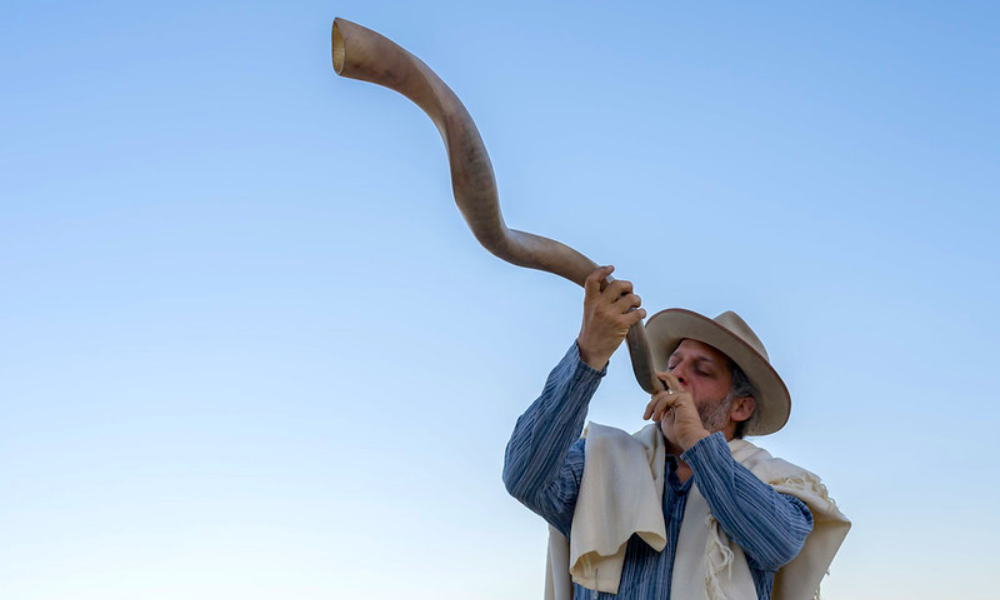At the close of COP26, as the world’s professional politicians, businesspeople and advocates attempt to reconcile their competing interests in Glasgow, I hear the opening strums of a guitar through my window here in Berkeley, California. It’s a rainy evening there, but an unexpectedly sunny morning here, and a Jewish outdoor education program is starting. After a song based on a psalm, the program leaders ask the children—all sitting amid woodchips and garden beds—to close their eyes and feel the earth below them. A thoughtful pause. As they share gratitude, I skim the text of the draft accord released by the UN. The contrast between the vague diplomatic language of the text and the sweet immediacy of the children’s voices enlivens the juxtaposition between the remote abstractions of policy and the subject of the Groundswell series: the untrumpeted work of a paradigm shift in process.
Every person Moment interviewed over the course of the Groundswell series has been directly touched by the changing climate in some way—evacuations and smoke from wildfires, floods, severe storms, heat waves, disrupted agricultural cycles. From Typhoon Haiyan in the Philippines to life-threatening smog in Seattle, the global climate crisis is touching the lives of our interconnected Jewish and global communities. The sense of urgency born of being unable to breathe in New Hampshire, or being evacuated from one’s home in the Pacific Northwest, is shared by many attendees at COP26—Tuvalu’s foreign minister delivered his speech while knee-deep in seawater.
That urgency did not translate into what our interviewee Rachel Binstock had hoped for—”a promise beyond what our governments feel is possible, and aggressively figuring out how to get there.” According to a report released earlier this week, even if the current (unenforceable and largely unfunded) pledges are implemented, global temperatures are on track to increase by 2.5 degrees Celsius, a full degree more than the global goal of 1.5 degrees.
“Culture shifts happen before shifts in government,” Jamie Margolin told Moment. “People aren’t moved by facts, necessarily, though facts have to inform everything we do. But what actually moves people are stories.”
The Groundswell series offered a spread of stories—of joyous and unseasonal dance parties, of marching in the rain and swimming in the headwaters of the Mississippi River. Whether organizing to resist further environmental degradation, strengthening new systems to replace the old or helping communities realign spiritually, all of the interviewees found unexpected allies and drew strength, resources or inspiration from their Jewish heritage. As Dayenu national organizer Muriel MacDonald wrote in a recent op-ed, “While COP26 feels like a distant set of high-stakes negotiations, the success of these meetings hinges on whether the United States delivers serious climate action on the homefront, which in turn hinges on how we show up as a community…and the Jewish community is perfectly poised to be part of this next great groundswell.”
What is your role in confronting the climate crisis? How has the changing climate impacted your life, and what tools have you found in your lineage that offer you meaning and hope during this paradigm shift? Comment below, or write about it on social media with the hashtag #MomentGroundswell.
Top photo: Rabbi Zelig Golden blows a shofar. Credit: Lucas Foglia for Wilderness Torah

